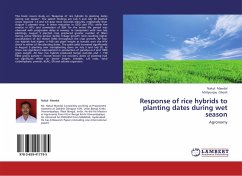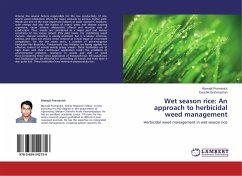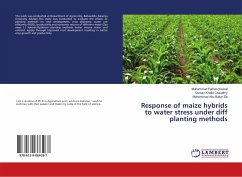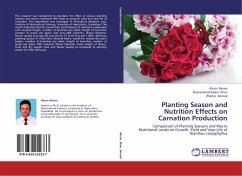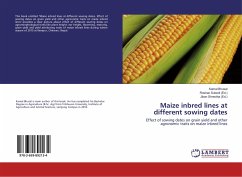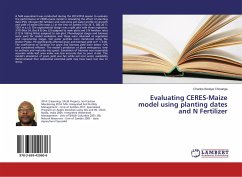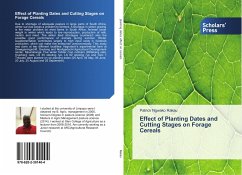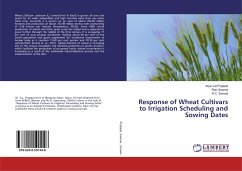This book covers study on 'Response of rice hybrids to planting dates during wet season'. The salient findings are July 5 and July 20 planted crops required 1.4 and 4.6 days more towards maturity, respectively than August 5 planted crop. A linear reduction in GDD and PTU; while the reverse in HTU and summation of BSH for the entire life period was observed with progressive delay in sowing. In comparison with two July plantings, August 5 planted crop produced greater number of tillers during active tillering period, better foliage growth (LAI) resulting higher accumulation of dry matter (DM) throughout the crop growth. All four rice hybrids had higher (100 cm) plant height at harvest over the HYV check in either of the planting dates. The grain yield increased significantly in August 5 planting over transplanting done on July 5 and July 20, as there was significant improvement in production of panicles m-2 and 1000 grain weight. All four rice hybrids produced longer panicles and 150 filled grains panicle-1. Except brown rice recovery, dates of planting had no significant effect on kernel length, breadth, L/B ratio, total carbohydrate, protein, KLAC, ER and volume expansion.
Bitte wählen Sie Ihr Anliegen aus.
Rechnungen
Retourenschein anfordern
Bestellstatus
Storno

